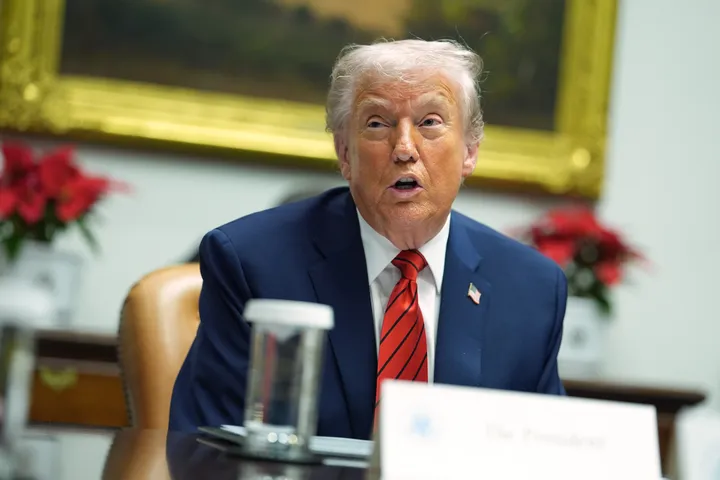Democratic Representative Ilhan Omar, a freshman legislator from Minnesota, criticised Israeli Prime Minister Benjamin Netanyahu on Tuesday, saying the focus of his speech at this year’s American Israel Public Affairs Committee (AIPAC) conference in Washington, DC was on her.
"At this year’s AIPAC conference, the topic PM Netanyahu chose to focus on was…me," Omar said on Twitter.
Netanyahu devoted a paragraph of his speech to the lawmaker while only mentioning last October’s mass shooting at the Tree of Life synagogue in Pittsburgh, Pennsylvania with a single word.
"Take it from this Benjamin: it's not about the Benjamins," Netanyahu said. "The reason the people of America support Israel is not because they want our money, it's because they share our values."
Netanyahu, addressing a Washington convention of the pro-Israel lobby group AIPAC, said via satellite from Tel Aviv: "Some people will just never get it. They'll never understand why the vast majority of Americans - Jews and non-Jews alike - support Israel."
He did not mention Omar by name.
A tweet in February by Omar was widely seen as echoing an anti-Semitic slur that Jews and groups such as AIPAC influence governments through money.
"It's all about the Benjamins baby," Omar wrote, using a slang term for $100 bills. She subsequently apologised, saying she was grateful for "Jewish allies and colleagues who are educating me on the painful history" of anti-Semitic references.
A few hours after Netanyahu's speech, Omar responded on Twitter: "This from a man facing indictments for bribery and other crimes in three separate public corruption affairs. Next!"
The Israeli attorney-general said on February 28 that he intends to indict Netanyahu on corruption charges in three cases. Netanyahu has denied any wrongdoing.
In another tweet, part of a thread, Omar said: "White supremacist violence is on the rise globally. Right-wing extremists killed more people in the US in 2018 than any year since 1995. Anti-Semitic violence accounted for 58% of religious hate crimes.
Yet the topic Netanyahu chose to focus on was… me."
Netanyahu had been due to address AIPAC in person, but returned to Israel on Tuesday, two days ahead of schedule, after a rocket attack from Gaza wounded seven people in a village near Tel Aviv. His speech touched on numerous issues, including Gaza and Iran, before referencing Omar's February tweet
Omar's approach
The young lawmaker has been embroiled in controversy after criticising US support of Israel on several occasions.
"I want to talk about the political influence in this country that says it is OK for people to push for allegiance to a foreign country," Omar said at a progressive town hall meeting earlier this month, referring to Israel.
The remarks received widespread and bipartisan backlash, with others in Congress labelling them as anti-Semitic.
Omar has apologised for similar comments, but this time she doubled down, saying she has "not mischaracterised our relationship with Israel. I have questioned it, and that has been clear from my end".
"Two of my first acts as a Member of Congress were to cosponsor a bill elevating the position of Special Envoy to combat anti-Semitism—and my first op-ed after my election was on the rise of hate crimes," she tweeted.
"White supremacist violence is on the rise globally. Right-wing extremists killed more people in the US in 2018 than any year since 1995. Anti-Semitic violence accounted for 58% of religious hate crimes," she added.
























